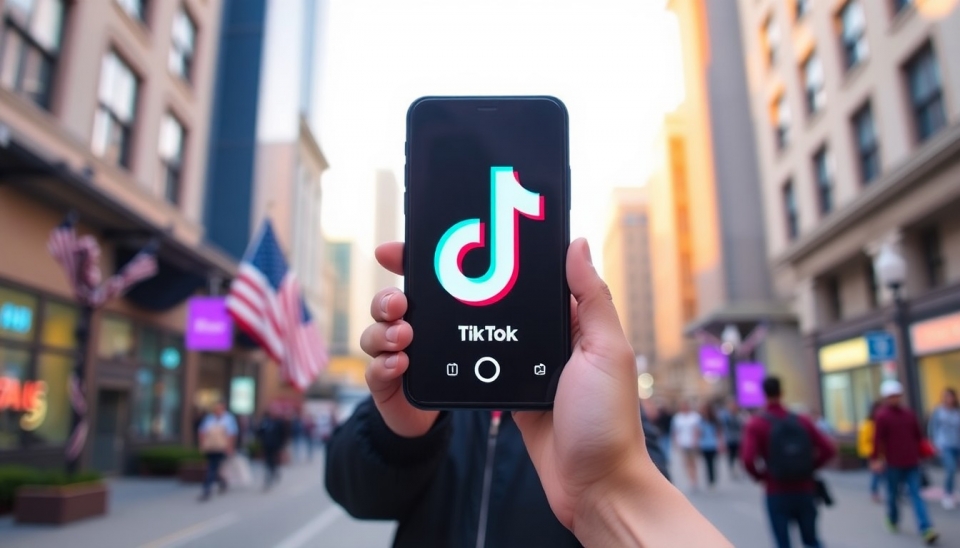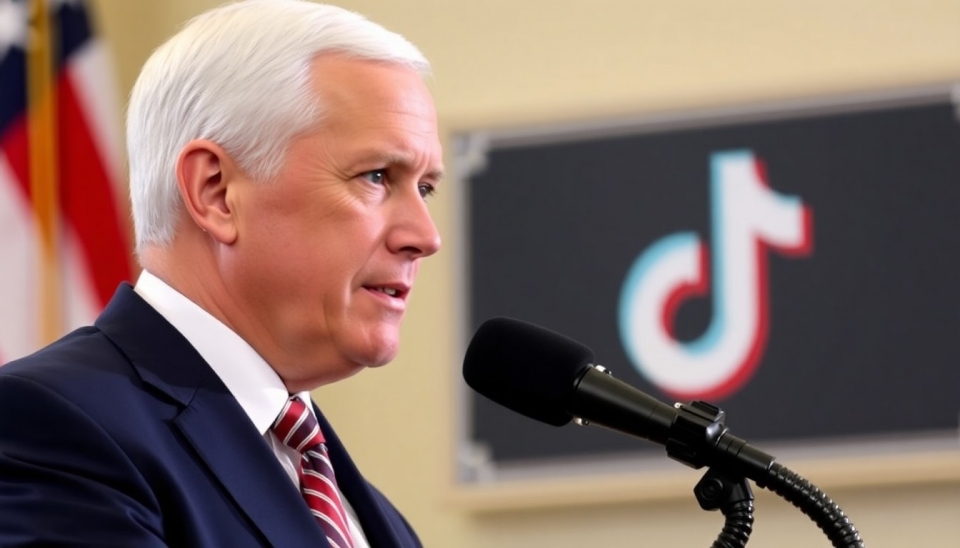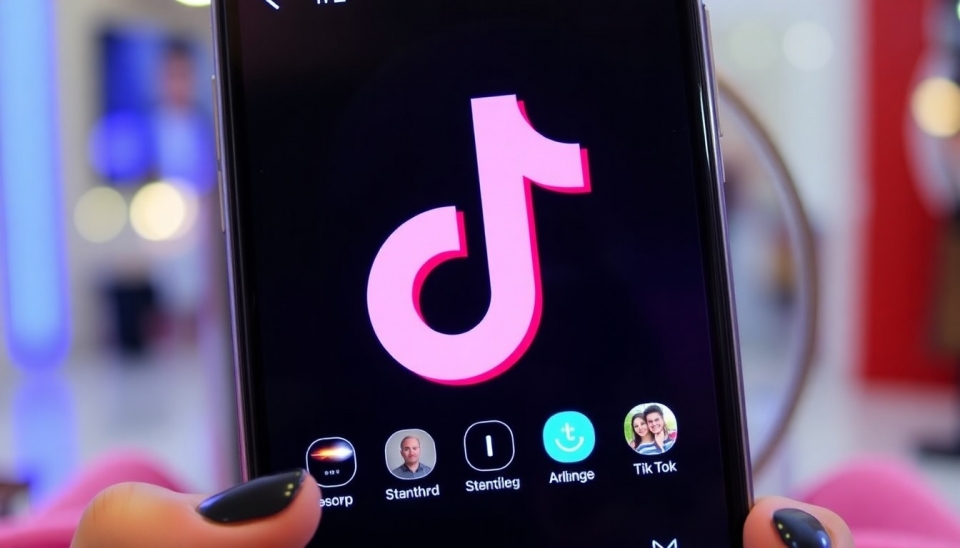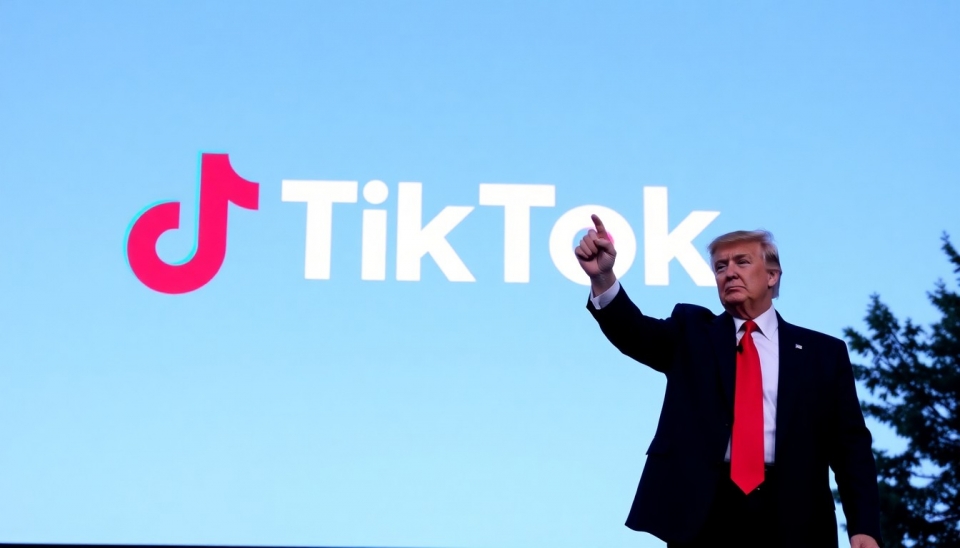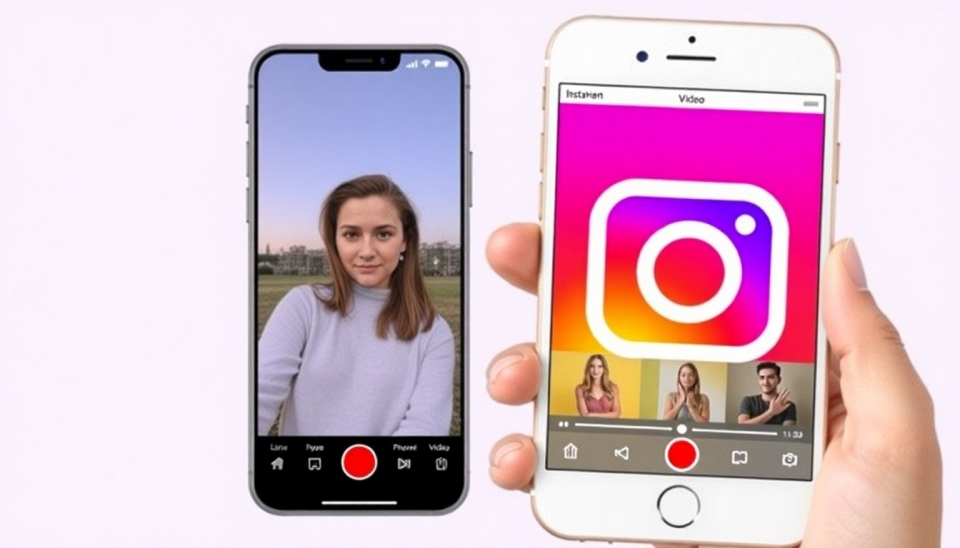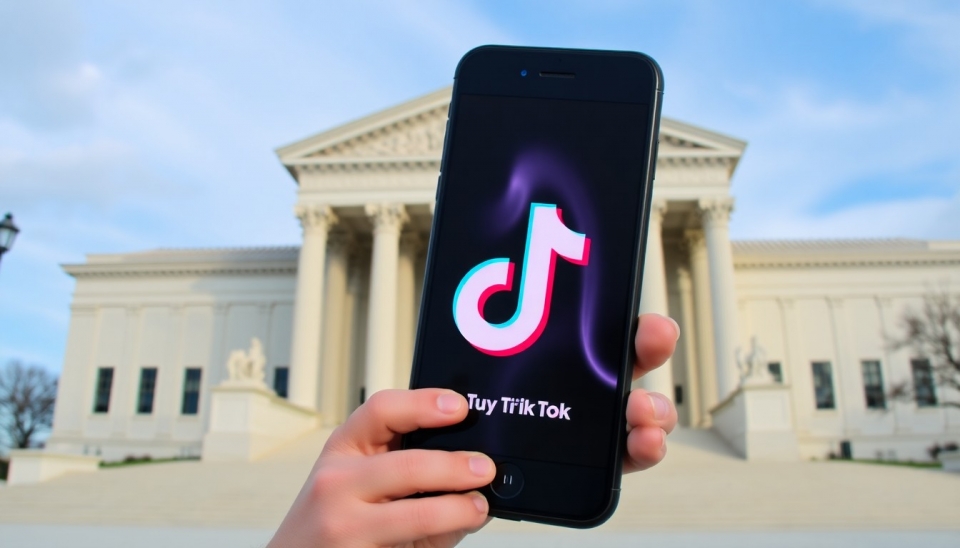
In a landmark decision, the United States Supreme Court has upheld a law that effectively bans the popular social media app TikTok, a move that has sent shockwaves through the tech industry and has significant implications for users and app developers alike. The ruling was announced on January 17, 2025, amid ongoing debates regarding privacy, data security, and digital sovereignty.
The case arose after concerns from numerous lawmakers about the potential risks associated with the app, which is owned by the Chinese tech company ByteDance. The fears center on data privacy and national security, suggesting that user data collected by TikTok could be accessed by the Chinese government due to China’s national security laws. This apprehension led to calls for stricter regulations on foreign-owned technology platforms.
The Supreme Court's decision to uphold the TikTok ban means that the app will no longer be accessible to millions of users in the United States, creating a significant disruption for influencers, marketers, and everyday users who utilize the platform for various purposes. The ruling serves as a stark reminder of the growing conflicts between major tech platforms and governmental regulations aimed at protecting user data and national interests.
Furthermore, the court's ruling comes at a time when other social media platforms are under scrutiny for similar concerns regarding data security and user privacy. Legal experts suggest that this ruling may set a precedent that could influence future cases involving technology companies operating within U.S. borders, particularly those owned by foreign entities.
The response from TikTok has been one of disappointment and concern, with the company stating it intends to explore all legal avenues available to combat the ruling. Advocates for digital rights and tech innovation have voiced their discontent over the decision, emphasizing the potential negative impact on free speech and the stifling of creativity among content creators who rely on TikTok for their livelihood.
The ripple effects of this ruling are expected to extend beyond just TikTok itself. Industry analysts predict that it could deter investment in other foreign tech companies looking to operate in the U.S. market, leading to a chilling effect on the global tech ecosystem. The implications of this decision are vast, as innovators may choose to avoid entering the U.S. market altogether to escape the burden of navigating complex regulatory landscapes.
As this situation continues to unfold, stakeholders across the tech industry, as well as policymakers, are engaging in discussions about the future of apps like TikTok and the broader implications for digital communication in an increasingly interconnected world. While the Supreme Court's ruling appears decisive, the conversation surrounding data privacy, regulation, and market access is far from over.
In conclusion, the Supreme Court's decision to uphold the TikTok ban has triggered a series of reactions from various sectors and raised vital questions about the future of digital rights, privacy security, and the dynamics of international tech companies operating within the United States. The analysis of this historic ruling will undoubtedly continue, as its effects permeate the tech world.
#TikTokBan #SupremeCourt #DataPrivacy #TechRegulation #DigitalRights
Author: John Miller
